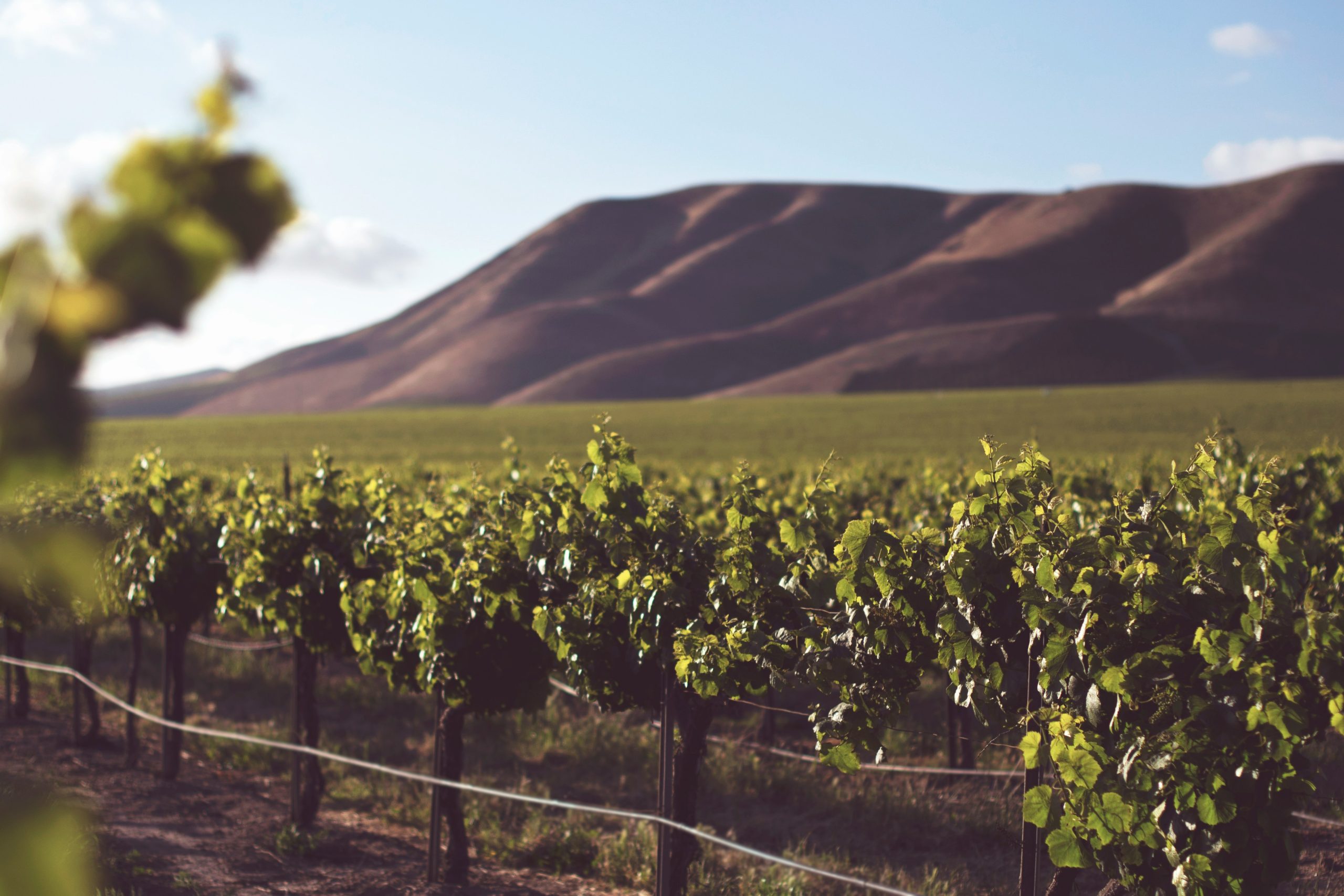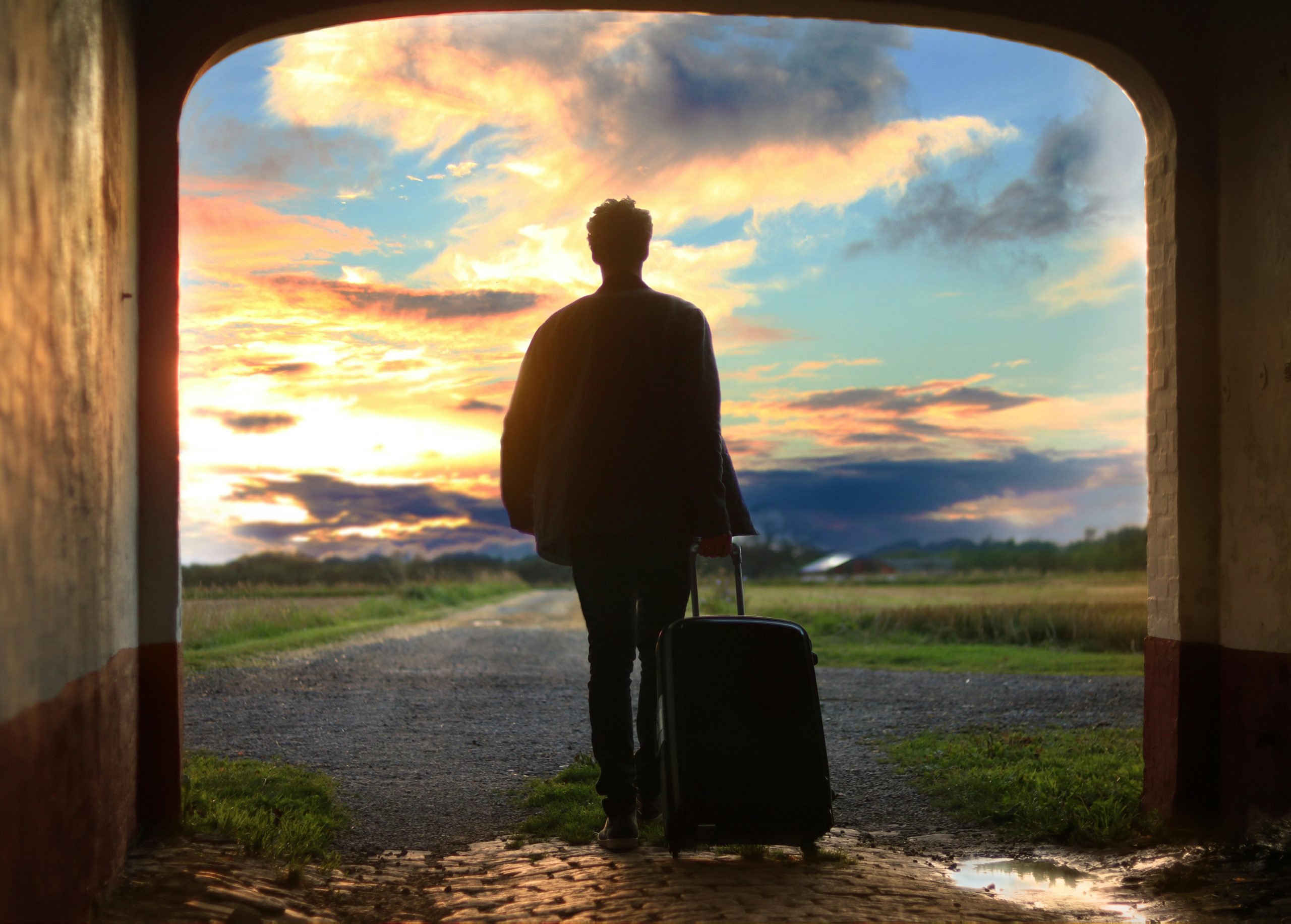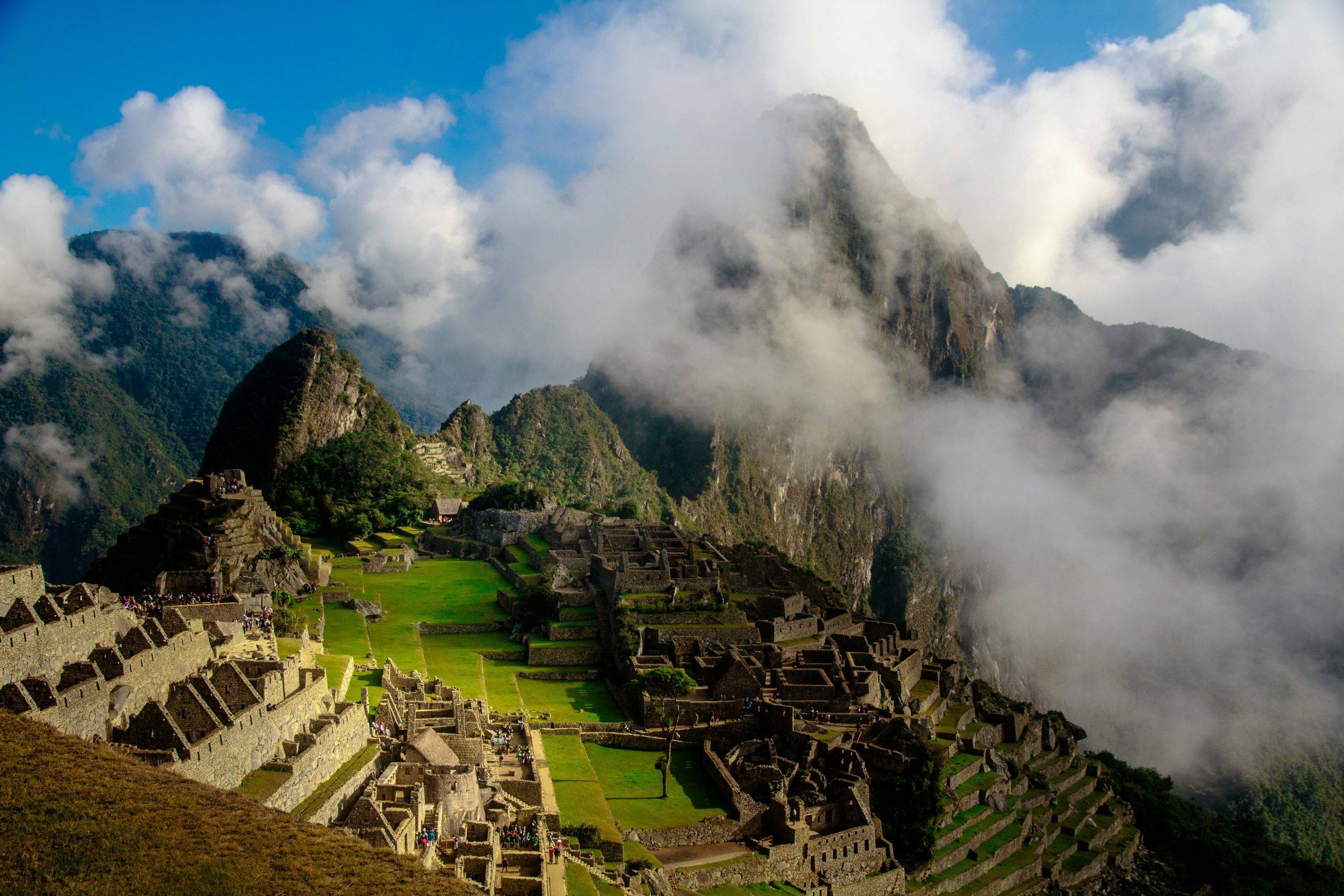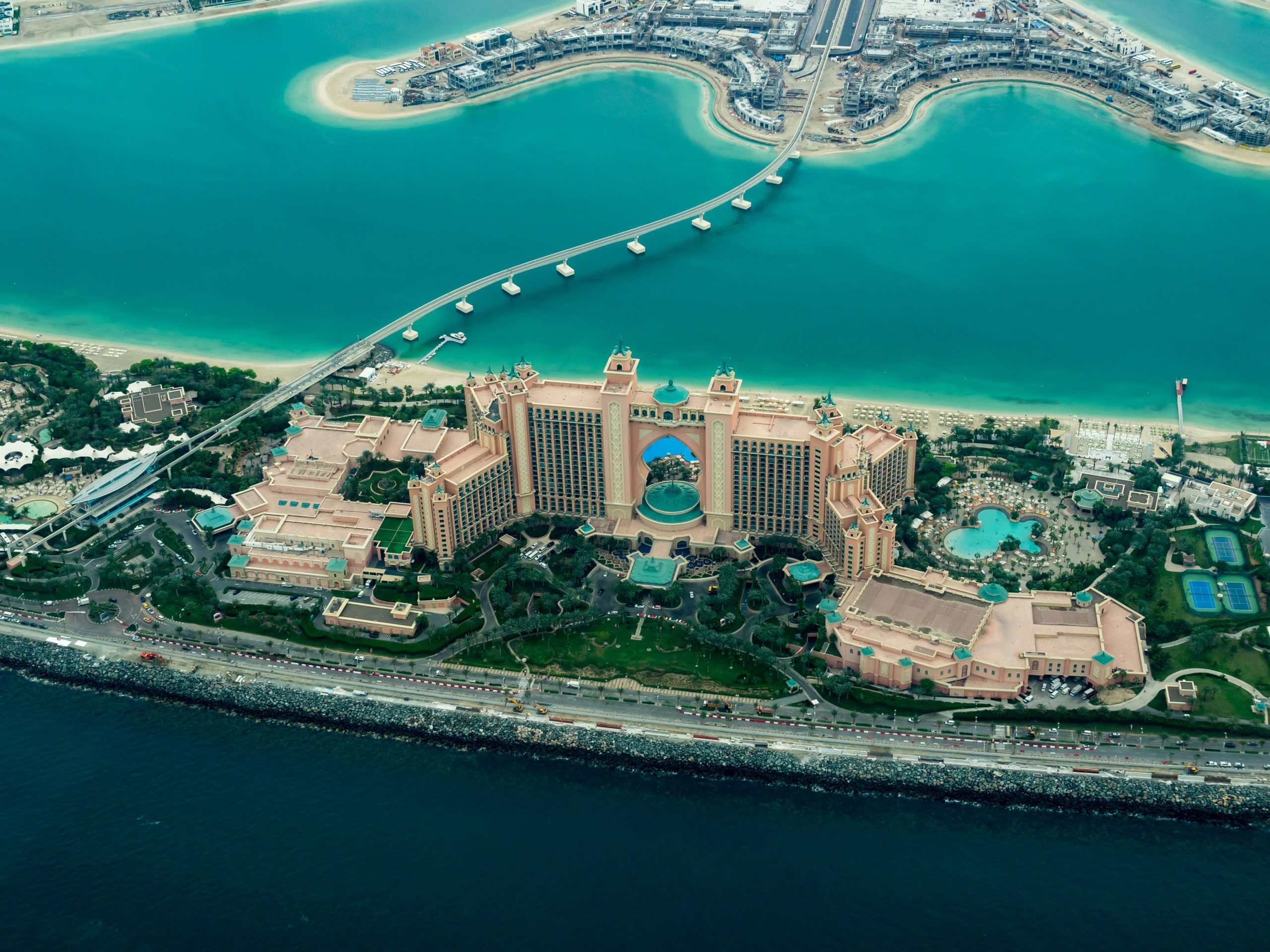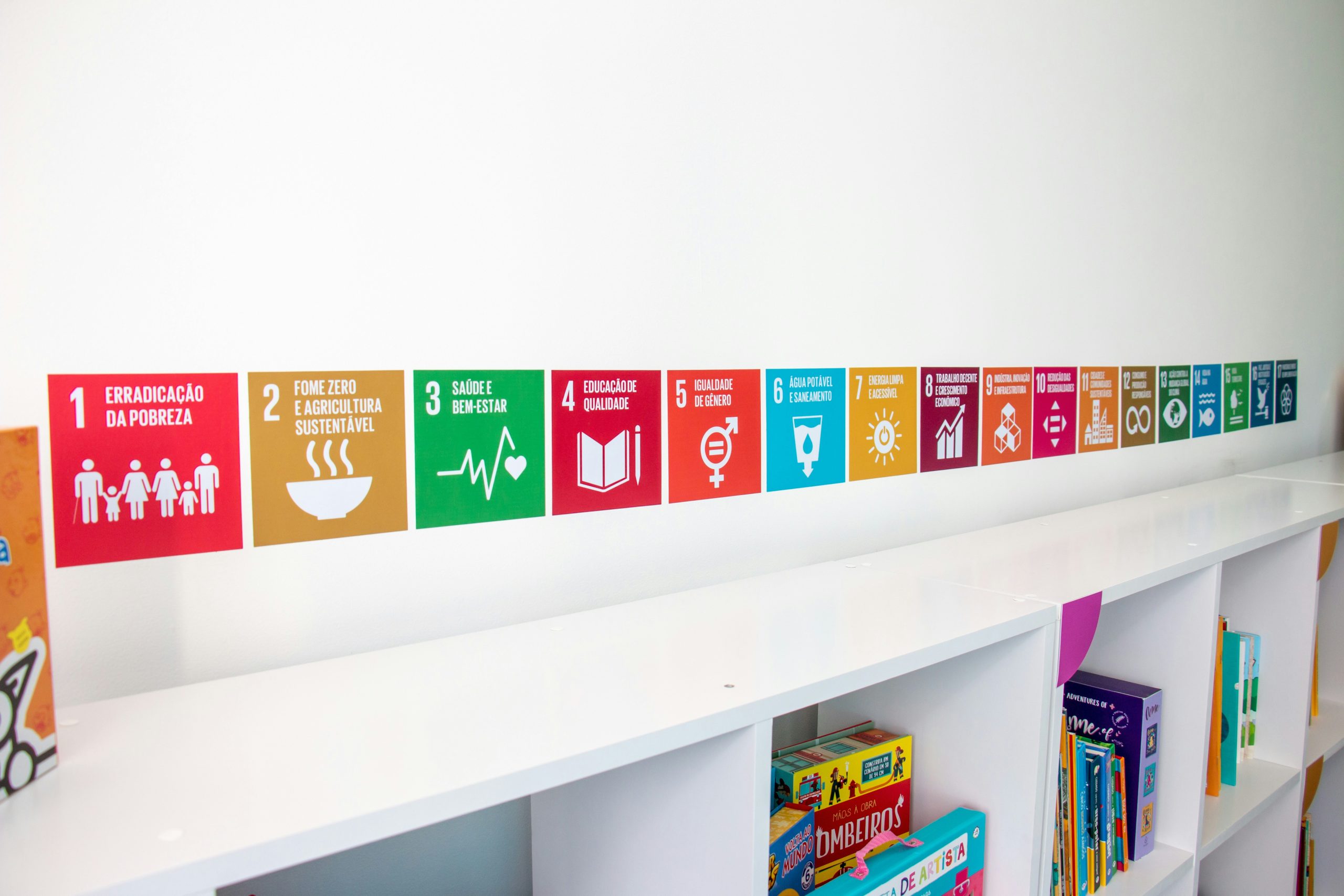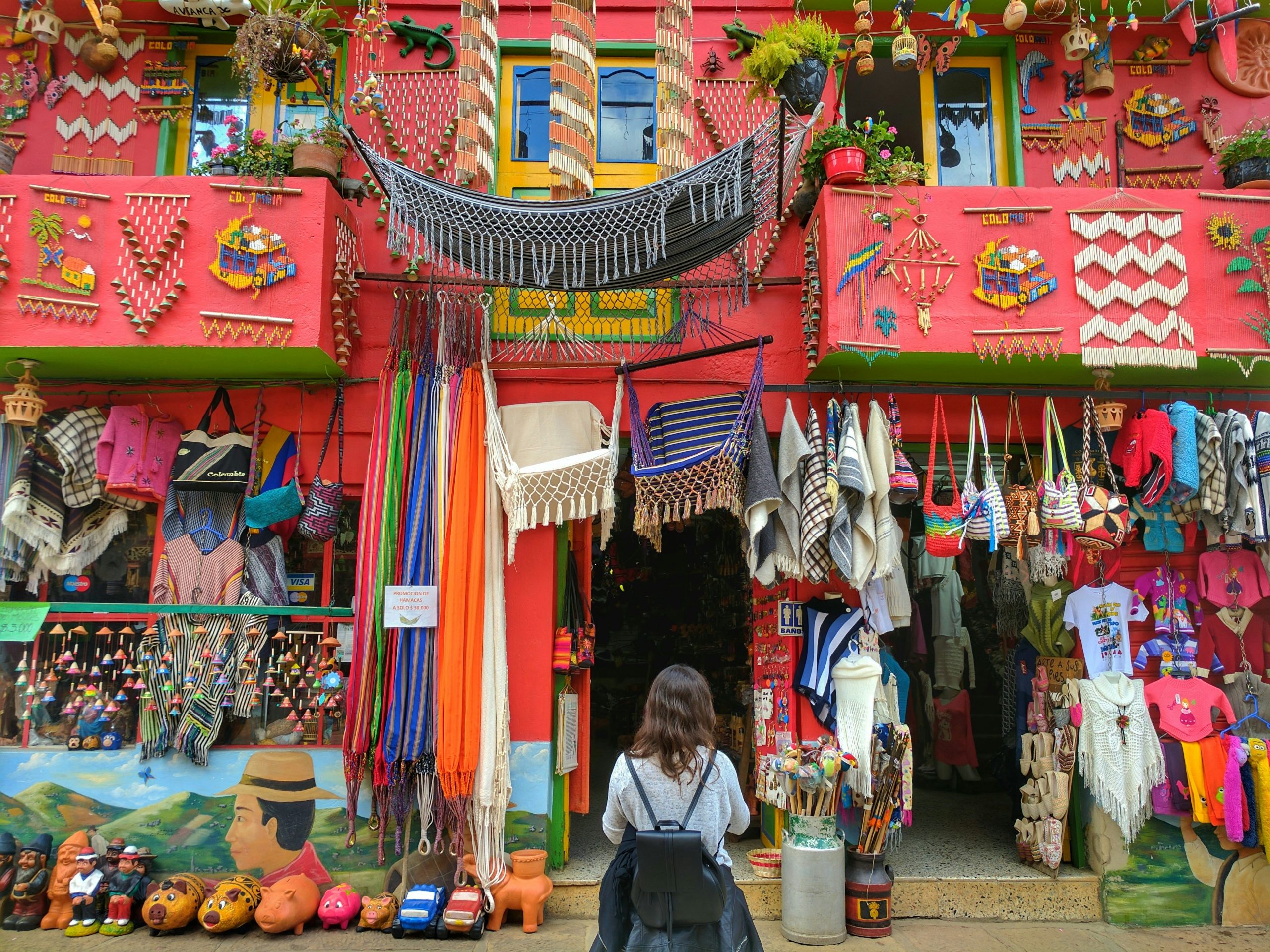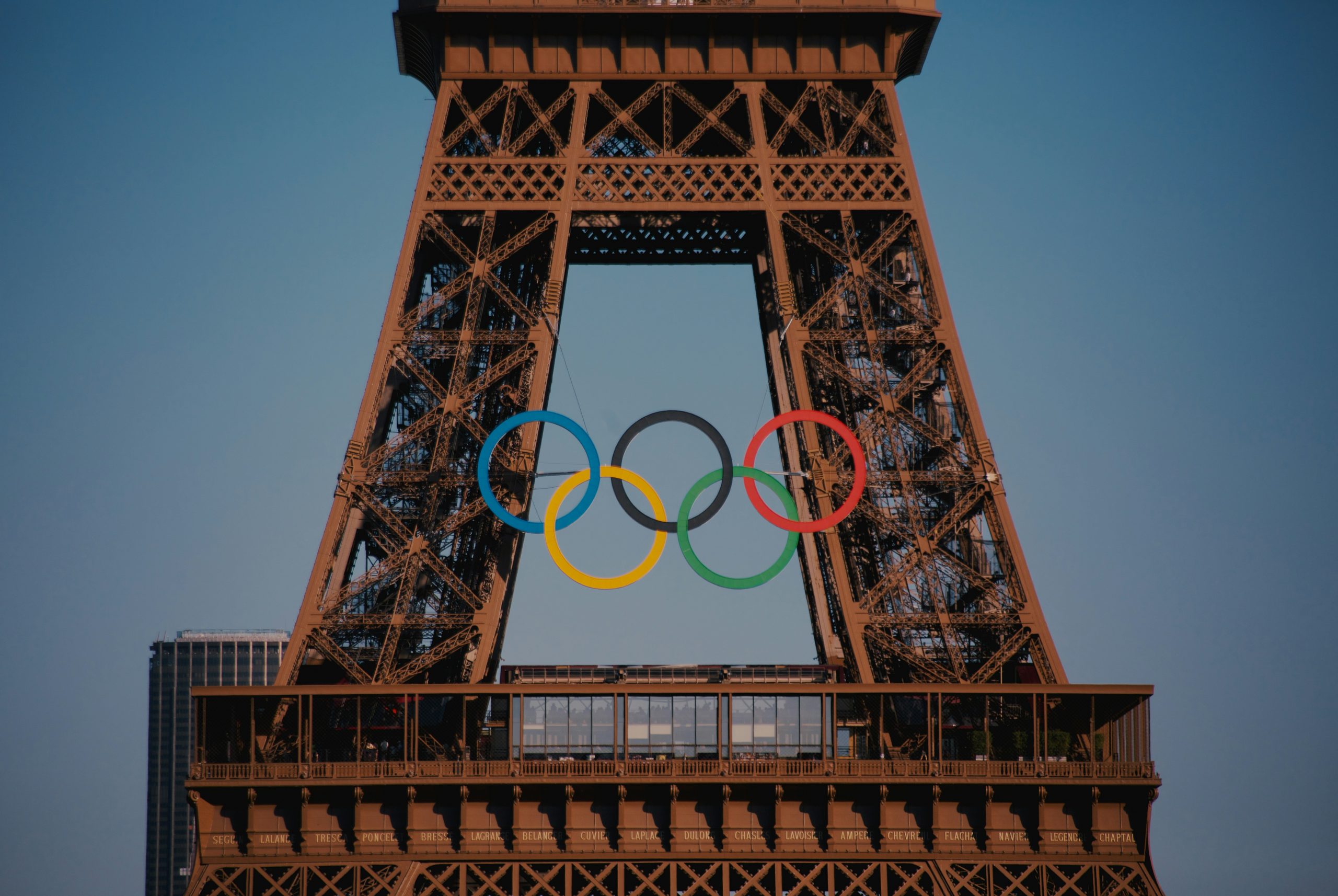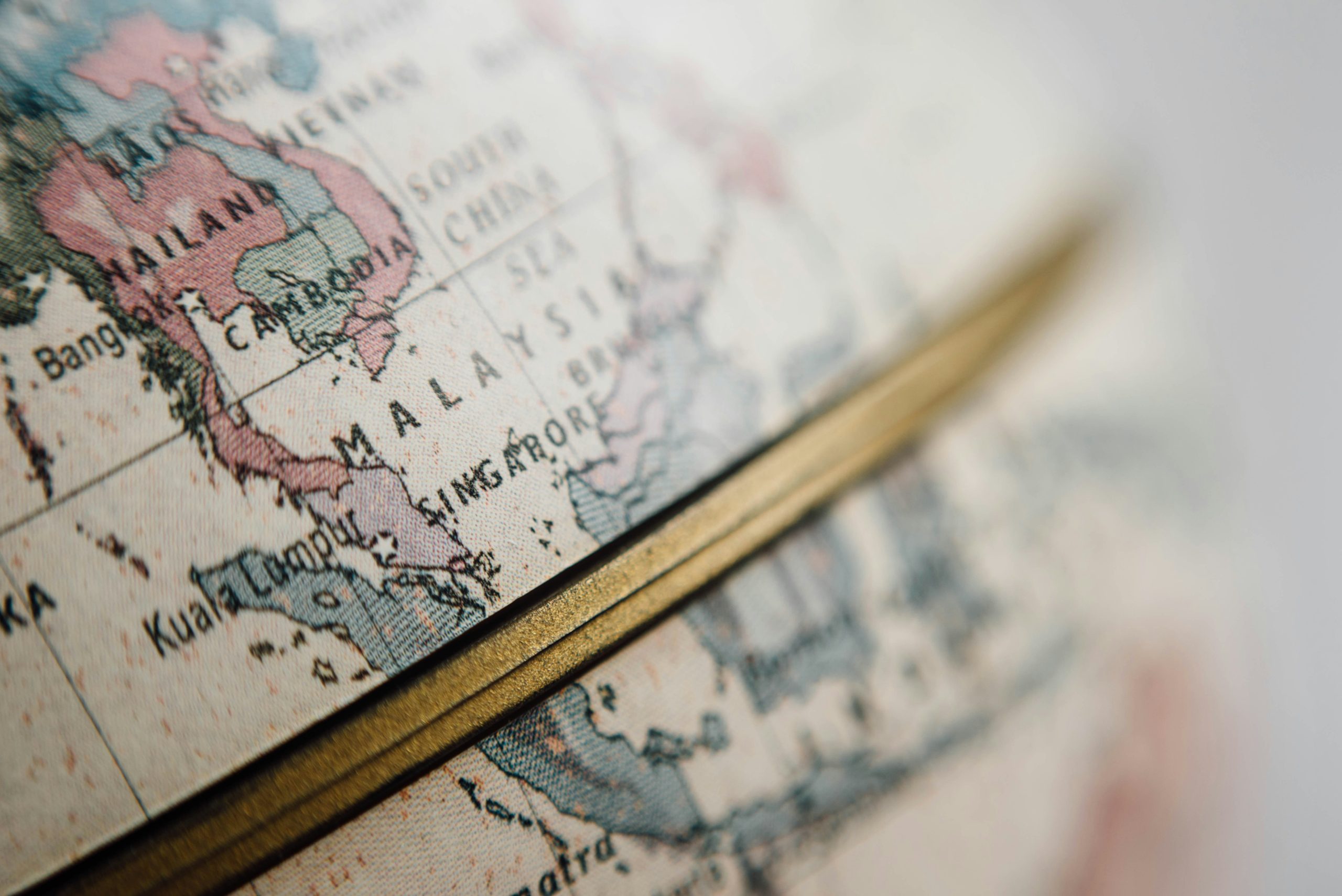Exclusive hotels opening doors this year 2025
Luxury hospitality continues to evolve, adapting to new traveler expectations and global trends. In 2025, we expect openings that, in addition to standing out for their exclusivity and sophisticated design, also stand out for their commitment to sustainability, integration with local culture and the implementation of cutting-edge technology to enhance the guest experience. For people who seek luxurious destinations to visit, here is a list of the most promising beachfront resorts, some of the highest mountain refuges, and innovative spaces in the middle of the agitated metropolis. FOUR SEASONS RESORT MYKONOS, GREECE Located on the iconic island of Mykonos, this resort combines traditional Greek island charm with contemporary luxury. Styled in a Cycladic décor, filled with whitewashed courtyards and winding pathways, it offers guests rooms with direct views of the Aegean Sea. At this sustainable resort it will be possible for travelers to enjoy private beaches, an infinity pool and cuisine that fuses local and international flavors. WALDORF ASTORIA SAN MIGUEL DE ALLENDE, MEXICO In the heart of a city declared a World Heritage Site by UNESCO, this hotel promises to be a haven of deluxe and culture. Hilton Worldwide's luxury chain will feature wellness spaces and a state-of-the-art spa, converging
Spain as an Invaluable Enotourism Destination
Among Spain's many tourist attractions, its vineyards stand out as true gems. This was recently reaffirmed with the recognition of the Marqués de Riscal winery, awarded as the World’s Best Vineyard 2024. Enotourism in Spain has seen remarkable growth in recent years, leaving a significant mark on both its economy and culture. According to a report by SEGITTUR, Spain is home to the largest vineyard in the world, ranks as the third-largest global wine producer, and leads as the top exporter by volume. This sector plays a crucial role in employment and cultural identity, accounting for 2.2% of the national Gross Value Added (GVA) and generating approximately 425,000 jobs. Spain has successfully capitalized on these trends, drawing wine lovers and tasting enthusiasts alike. Initiatives such as Wine Routes and specialized fairs have been instrumental in diversifying and promoting enotourism, attracting millions of visitors annually.
Where is Tourism Leading? Tourist Trends for 2025
With only a few days left to close the year, I take this opportunity to reflect on the trends in key sectors with a global economic impact, such as tourism. In this article, I invite you to analyze the aspects that will endure and the trends that will define tourism in 2025. In Europe, according to data provided by Zurab Pololikashvili, Secretary-General of UN Tourism, regions like Europe, Africa, and the Middle East experienced significant growth, reaching remarkable figures after the pandemic. This trend will continue, and in Latin America and the Caribbean, although at a slower pace, a recovery is also being recorded. In the case of the Caribbean, growth is expected to rise due to the increased demand for cruises. In fact, as cited by the UN, 2024 was a positive year for the tourism industry, with a total of 1.1 billion tourists traveling to international destinations, representing a 98% recovery to pre-pandemic levels. These data are crucial for analyzing trends because, as I have pointed out in other articles, travelers' habits and consumer decisions are shaped by emerging factors. A few months ago, we discussed sustainable tourism and saw how this factor has become essential when choosing a destination.
Success Stories: Restaurants as Tourism Catalysts
Attracting large audiences and driving tourism is a challenge, especially for those aiming to position a country or region as an appealing destination. Today, however, the influence of brands and figures on social media has fueled trends that draw tourists seeking unique experiences, from iconic dishes to haute cuisine concepts. A prime example of this phenomenon is Crumbl Cookies, a franchise that has harnessed TikTok’s viral power to become a coveted brand. These cookies, seen as authentic gifts, have not only gone viral but have also evolved into a high-demand, high-value franchise. Additionally, many exclusive restaurants and products from specific countries create even more allure, motivating tourists to travel specifically for an authentic experience. This trend is notable among millennials: according to a survey by App Marketplace News, 53% of respondents have visited or ordered from a restaurant they discovered on TikTok. Certain tourist destinations are also distinguished by their culinary specialties, which, in addition to generating cultural identity, can drive large-scale tourism. Mexico with its tacos, Japan with sushi and ramen, Italy with gelato, pizza, and pasta, and Peru with ceviche represent dishes that cross borders, while various restaurants in these countries have boosted the appeal of visiting these places. In
Top Destinations Known for the Most Exclusive Hotels
When discussing luxury tourism, certain hotels come to mind; these hotels not only offer first-class hospitality but have also become emblematic destinations in their respective cities. Luxury tourism is booming, with an estimated 40% of high-income travelers engaging in this type of tourism, seeking experiences that go beyond the ordinary. These luxury accommodations provide unique experiences, attracting travelers from all over the world who are looking for something truly unforgettable and exclusive. One success story is the Burj Al Arab Jumeirah in Dubai, which redefines the concept of exclusivity with its iconic sail-shaped structure and private island location. With its two-story suites, 24/7 butler service, and transport options via helicopter or Rolls-Royce, this hotel offers an unparalleled level of service that transforms each stay into an experience of extreme luxury. On the other hand, in New York, The Plaza Hotel continues to be a symbol of American glamour and history, drawing guests in search of a classic experience in the heart of Manhattan. These destinations not only exemplify exclusivity but also integrate a business strategy that transforms hospitality into a high-value product. The key to success in the luxury tourism sector lies in developing unique experiences that align with the expectations of
Success Stories in Sustainable Tourism: Best Practices That Transform Destinations
Today, sustainability has become a fundamental pillar across all industries, and the tourism sector is no exception. This sector is seizing the opportunity to adapt to new trends and consumer demands, as well as to the objectives set out in the 2030 Agenda and the Sustainable Development Goals (SDGs), promoting a green economy. Within this green economy framework, sustainable tourism emerges as a key strategy that goes beyond the environmentally conscious traveler. It is a model where the destination, acting as the host, aims to meet the needs of visitors and industries while preserving natural and cultural resources without compromising future generations. The United Nations (UN) outlines three core principles for sustainable tourism: Make optimal use of environmental resources. Respect the sociocultural authenticity of communities, including architecture and traditions, among others. Ensure long-term economic activities that help reduce poverty. In recent years, sustainable tourism has experienced significant growth. According to Statista, the ecotourism market, an integral part of sustainable tourism, reached over $196 billion in 2023. A report by Booking also revealed that 76% of travelers are interested in traveling more sustainably, showing a trend toward more conscious travel. In fact, the same report highlighted that 43% of travelers are willing to pay
The Impact of the Orange Economy on the Development of Emerging Tourist Destinations
In recent years, I have witnessed the growth and significance of the orange economy, which has made a substantial contribution to the gross domestic product (GDP) of various countries. This is particularly notable in Latin America, where growth is evident in areas such as job creation and exports. Mexico is a standout example; according to a report published by Wortev Capital a few years ago, this industry accounted for 3.1% of national employment. Before continuing, it is essential to briefly review that when we refer to the “orange economy,” we are talking about creative and cultural industries that drive economic growth through job creation and social development while promoting creativity, innovation, art, and artistic expression. According to UNESCO, these industries represent 3% of the global GDP. The orange economy has a significant impact on tourist destinations, serving as a diversification mechanism that reduces reliance on traditional sectors. Among the emerging tourist destinations fostering this industry is Colombia, which has developed tourism routes in cities like Medellín and Bogotá, where urban areas have been revitalized, jobs were created, and local urban art, music, and cuisine have served as an attraction to international tourists. Another notable country is Brazil, where the orange economy is prominently
Investing in Wellness: How Hotels are Integrating Health and Wellness Spaces to Attract New Clients
In recent years, wellness and health have become crucial and non-negotiable factors globally, driving a growing trend in tourism and hospitality. According to a McKinsey study, 79% of respondents view their wellness as a top priority. This article will briefly explore the rise of health and wellness in the sector and how the hotel industry is capitalizing on this trend. Beyond creating new business opportunities and profitability, hotels aim to be a key destination for those seeking relaxation with wellness as a main focus. When we talk about wellness tourism, it’s essential to highlight that this concept involves people traveling to various destinations with purposes beyond just vacation. These travelers seek to care for their mental and emotional health while enjoying their stay. This type of tourism accounts for about 17% of global tourism spending. According to research from RunRepeat, the global wellness tourism sector is expected to reach $1.2 trillion by 2027. This makes it crucial for businesses in this sector to adapt to these trends to ensure their continued success and relevance in the market. A successful case of this integration is Hyatt Hotels, an international chain known for offering unique wellness-focused experiences. One notable example is the Grand Hyatt Playa
Economic Impact of the Paris Olympics 2024: An Analysis of Key Sectors
Reflecting on the recent 2024 Olympic Games, it is clear that this sporting event has left a significant economic mark, not only in terms of infrastructure investments but also in key sectors such as tourism and job generator, as well as an intangible return on reputation for the host country and sponsoring brands. This article provides a brief analysis of the Olympics' impact on these critical areas and how they have contributed to the grow of the French economy. Impact on Tourism and Job Creation The Olympics, held every four years, is one of the world's largest sporting events, drawing the attention of millions fans globally. As a result, the host country becomes the center of attention, with France anticipating the arrival of 11.3 million visitors in Paris during the 2024 Olympic Games. This sum includes both spectators of the Olympic events and tourists who took the opportunity to visit the city. In addition to the direct benefit of increased visitors, the country also sees positive effects in other sectors tied to tourism, such as hotels, restaurants, museums, and transportation services, many of which were modernized and upgraded specifically for this event. Total Economic Impact on Paris from the 2024 Olympic Tourism The economic impact
Second Semester Reflection: Emerging Trends in the Tourism Sector
As we begin the second half of the year, it is essential to stop and review on the emerging market trends. This pause will allow us to make informed decisions and, if necessary, adjust our objectives to ensure optimal results in our businesses. It is the right time to evaluate which aspects of the sector remain relevant and which require modifications to adapt to the new market realities. If, like me, you are passionate about the tourism sector, I invite you to join me in this analysis of the evolution of tourism for the remainder of the year. Unique Experiences A few weeks ago, we discussed wellness tourism and how this category has gained relevance as current travelers seek to improve their quality of life. This trend is closely linked to luxury tourism. According to Hosteltur, this type of tourism continues to resonate as travelers prioritize a lifestyle that promotes both external and internal well-being. This implies that destinations will be valued for the activities they offer, such as spiritual, gastronomic, and physical experiences. The demand for exclusive and transformative experiences continues to grow, and it is an opportunity we should not miss. Sustainable Tourism Environmental awareness is increasingly present in society, and travelers are


